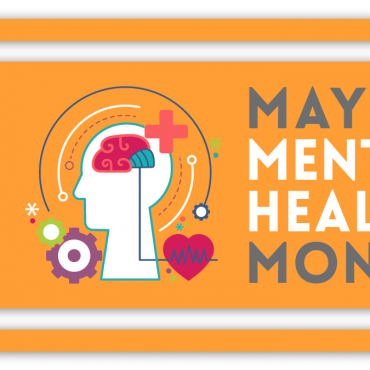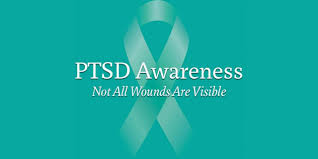By Rachel Daelemans
How fitting this month of July that we find ourselves recognizing BIPOC Mental Health Awareness Month, considering the ongoing protests and magnifying glasses subsequently being held over racist policies which enable injustice. As it is, July was only set aside in 2008 due to the efforts of Bebe Campbell Moore, an American mental health advocate, author, teacher, and journalist. While initially dubbed Minority Mental Health Awareness Month, it has been more recently adapted to acknowledge the experiences of Black People, Indigenous Peoples, and People of Color. This month we are dedicated to uprooting the racism and bigotry which have been built into support services and addressing the effects of poverty itself on mental health, a condition many BIPOC are systematically made to suffer. The trauma imparted upon BIPOC is due to hundreds of years of historical injustices, violence, and oppression, as well as the actions, words, and experiences that shape their outlook on the world every day. To understand trauma, we must take an intersectional approach, scrutinizing every last historical precedent, implication, and present system that has evolved within the social landscape of our country.
While Black Americans experience a relatively similar frequency of mental health conditions, historical oppression, dehumanization, and violence have formed the structural racism that neglects those needs. This creates distrust of healthcare, inhibiting likeliness of seeking help for a condition. Healthcare providers of color can provide effective care, but they are a small part of the workforce. This is because of the myriad of conditions faced by Black People that often go unnoticed by the general population, including but not limited to, mass trauma from higher rates of COVID-19, police brutality, criminalization, now frequent displays of white supremacy, lack of concern and justice in the wake of lynchings and other terrorist attacks, and divisive rhetoric from the news and media. Low socioeconomic status is linked to mental health; poverty, incarceration, homelessness and addiction/substance abuse issues put people at higher risk of poor mental health. The combination of the prevalence of poor mental health and inadequate care in BIPOC communities leave millions of Americans with persistent issues, as opposed to the episodic nature of their white neighbors’.
How can we help? Social media is quickly becoming an important instrument for social, political, and economic change. It is time that we all leave our presuppositions behind and engage in conversation. Mental Health America has a plethora of resources available, gathered into a 2020 BIPOC Awareness Month toolkit. There are learning materials and helpful links to supportive organizations which can be downloaded at https://mhanational.org/bipoc-mental-health-month-2020-toolkit-download
MHA has created a hashtag, #impactoftrauma, asking that everyone uses it to share vital information and personal experiences so that these deeply rooted systemic issues may be addressed at long last.



